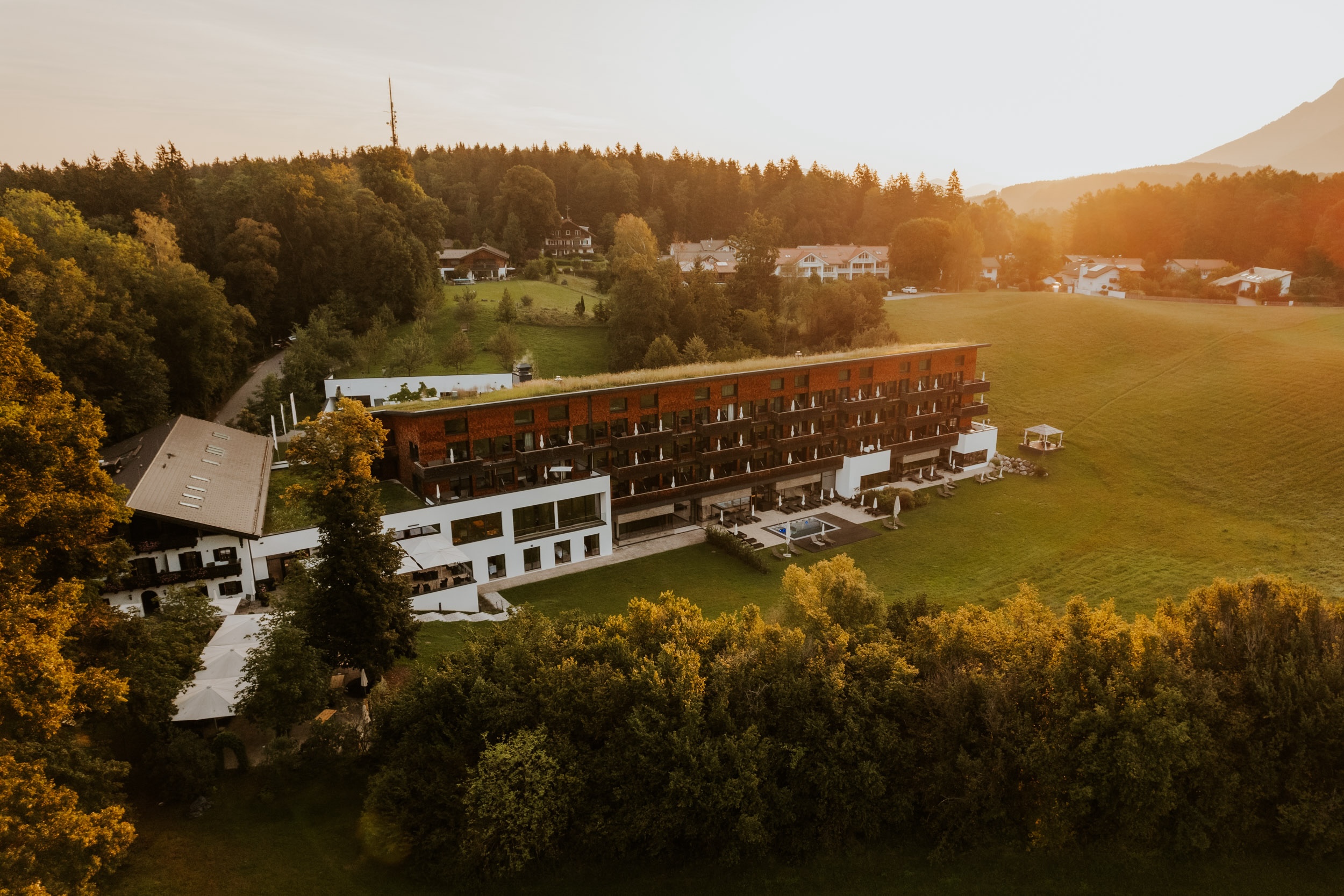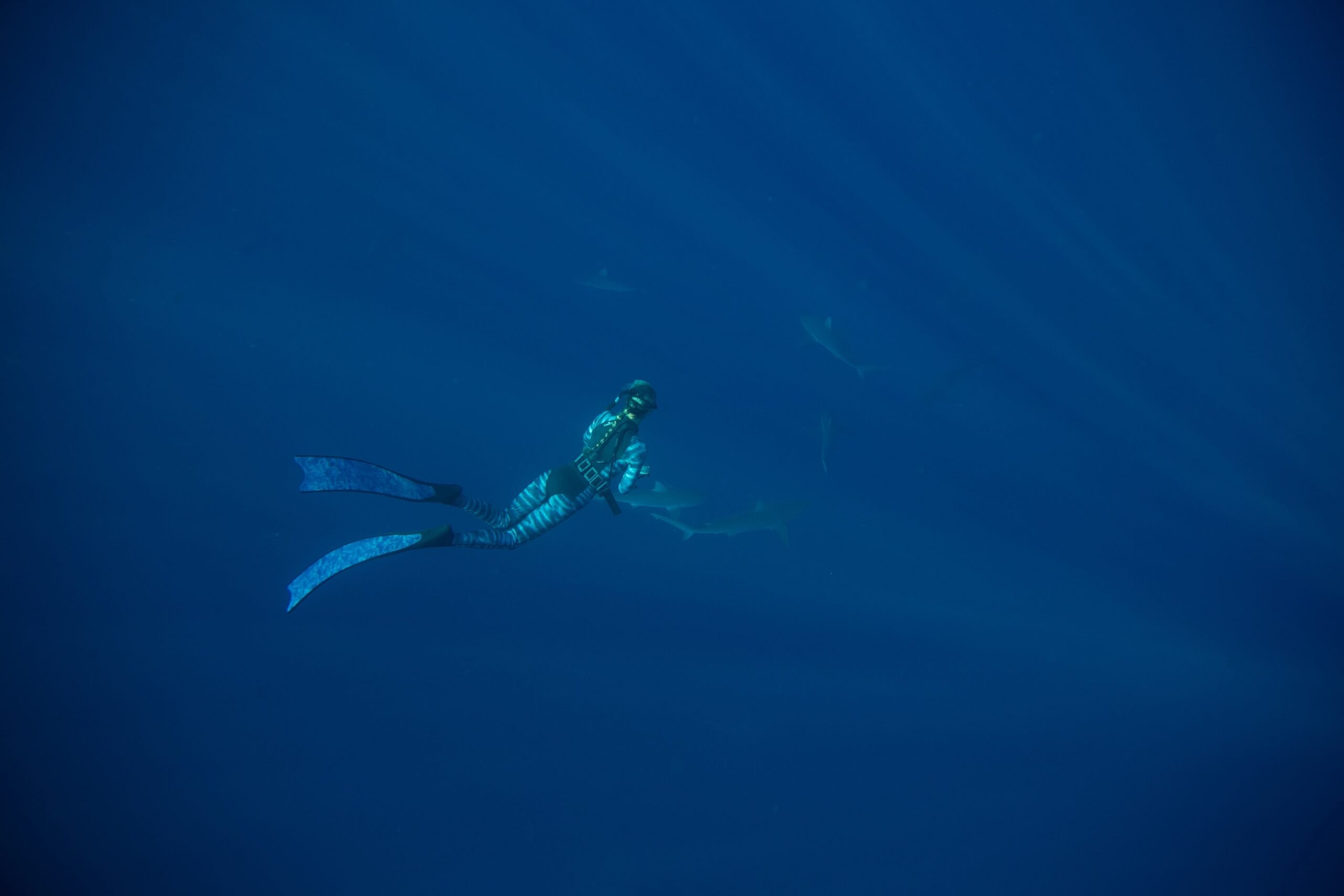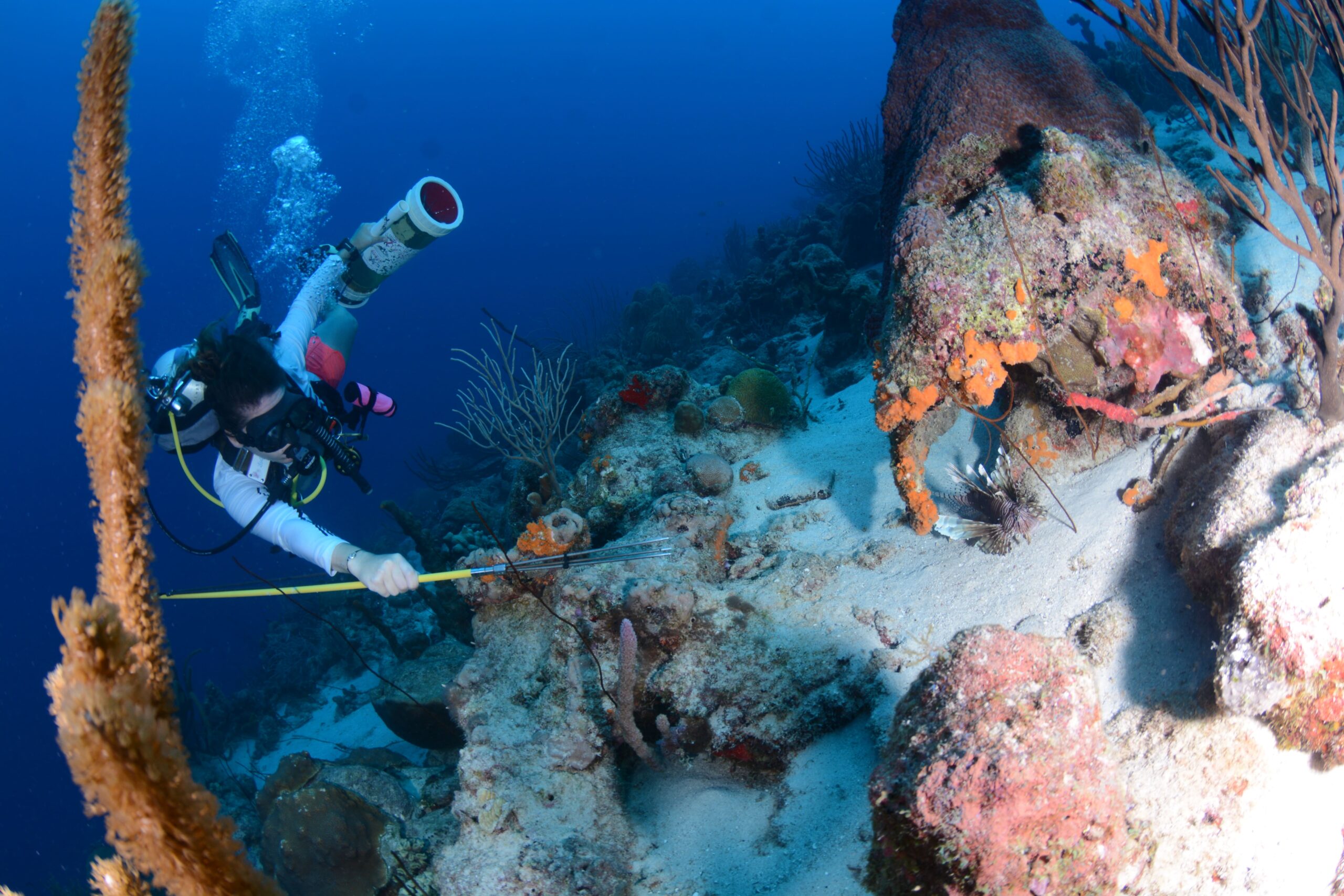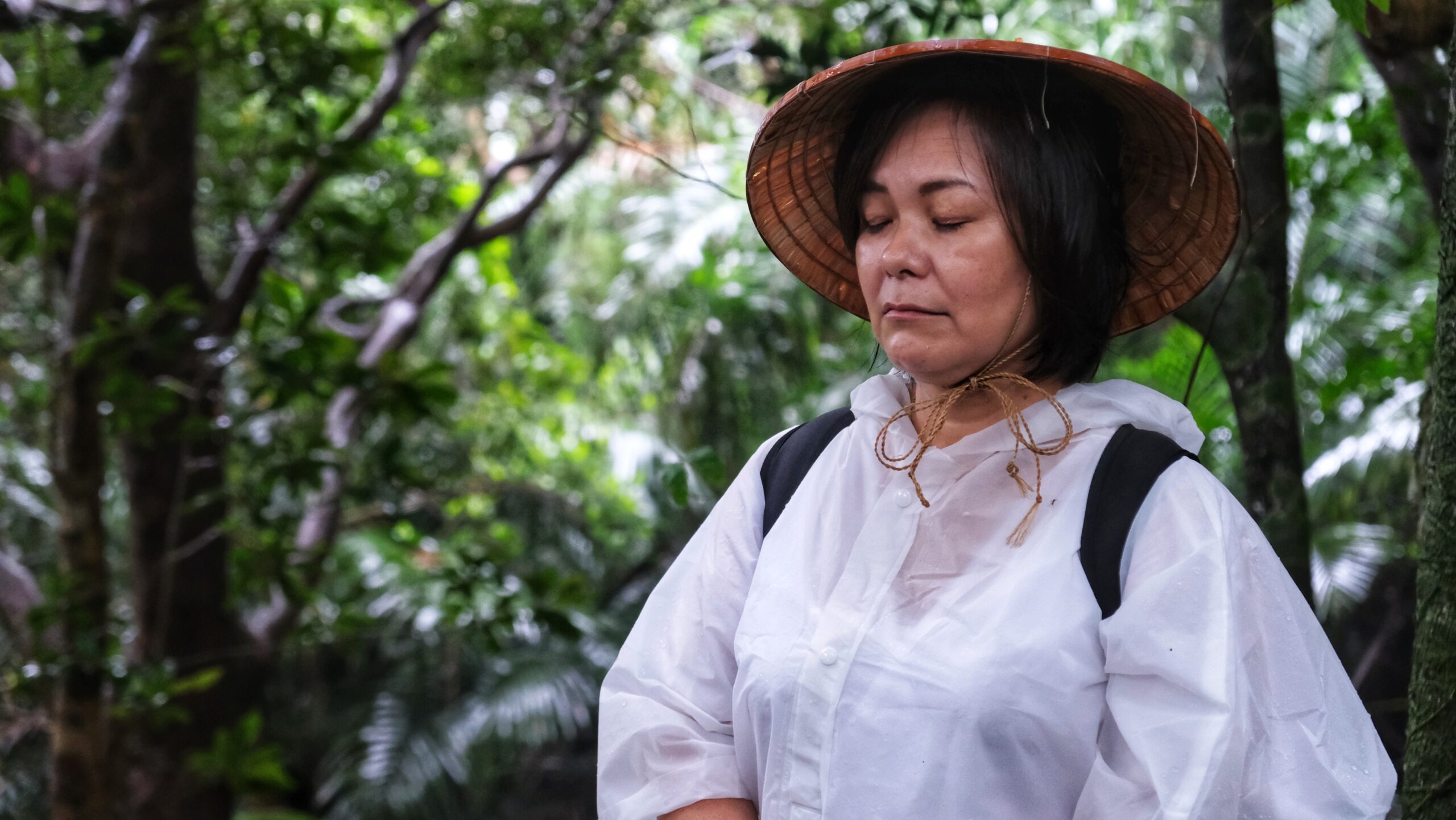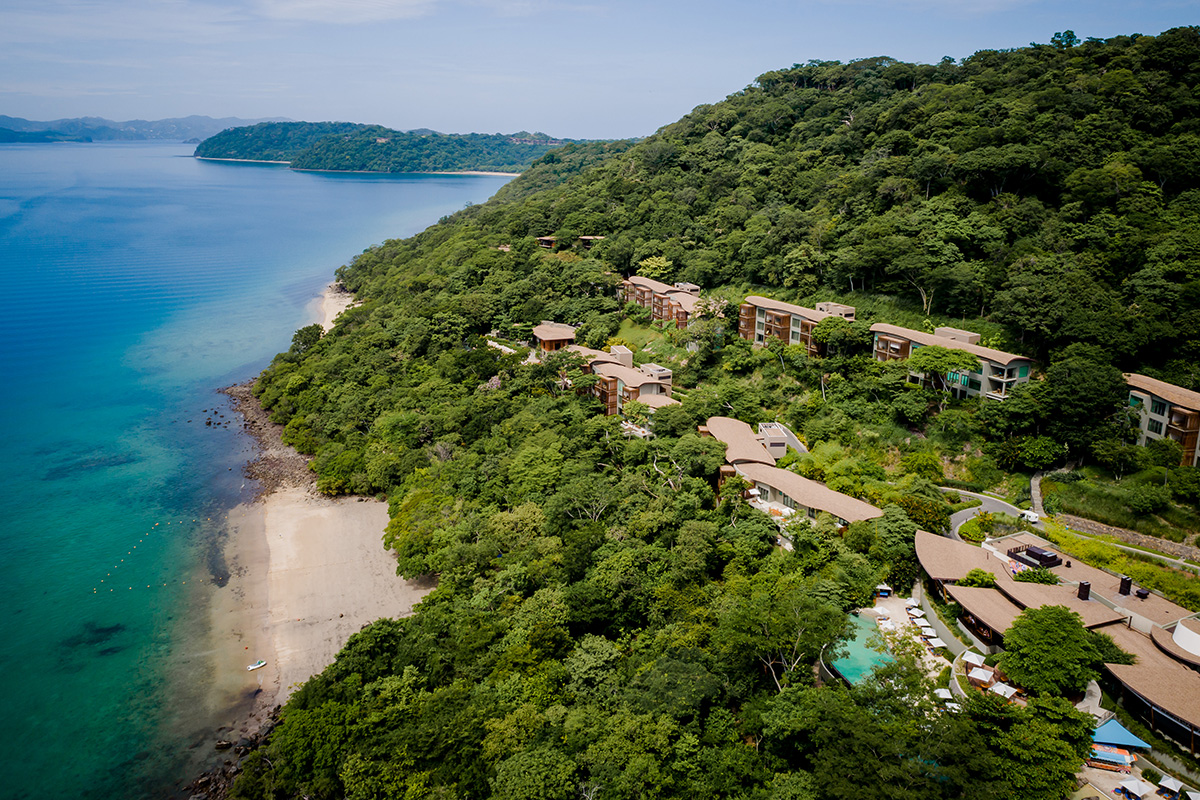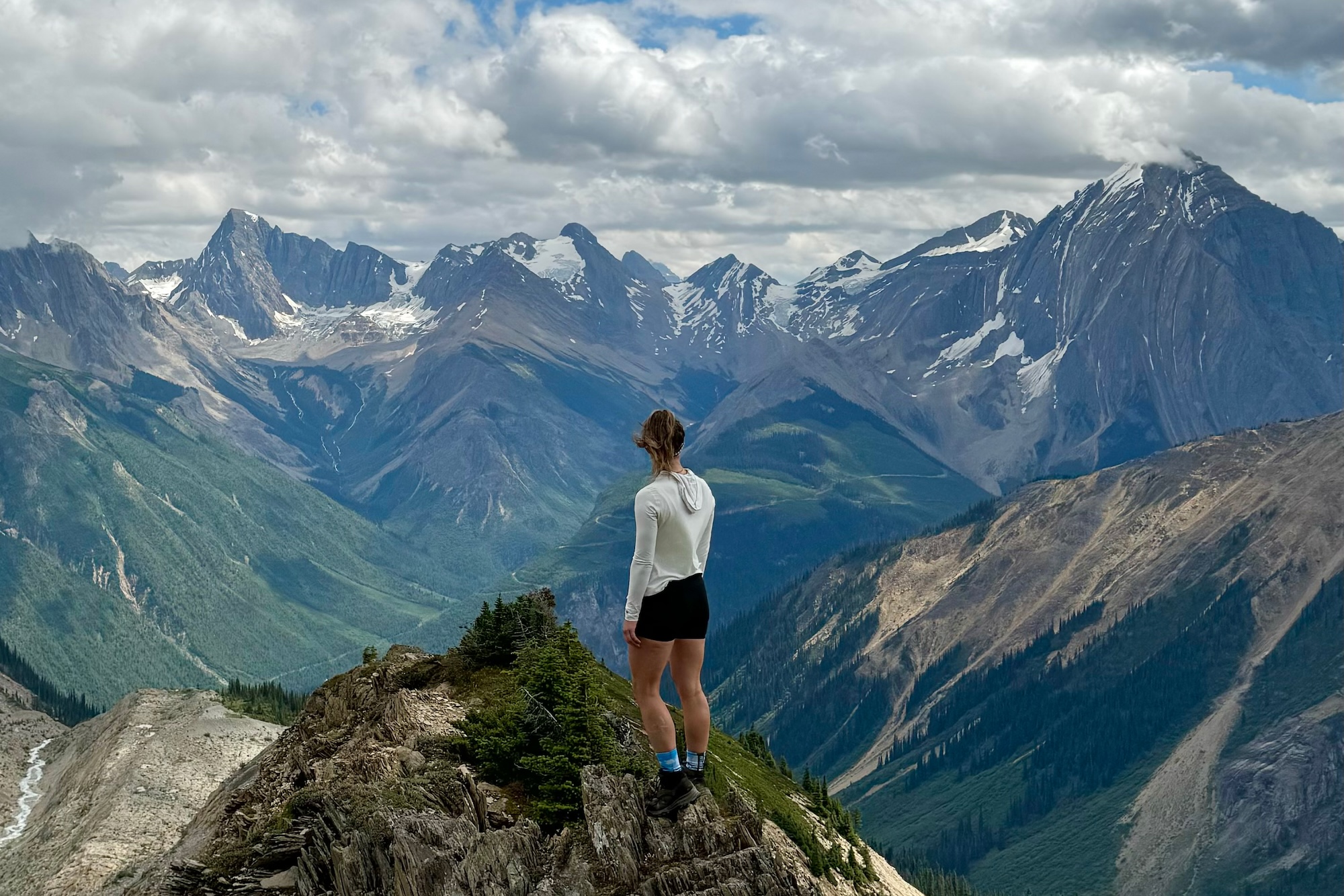“With The Alps as a backdrop, these five Bavarian hotels share a common thread in their philosophy.“
Bavaria, Germany, is one of those magical places often depicted on vintage postcards and in old fairytale books. Picturesque year-round, it is a destination that places a special focus on nature and wellness inviting people to slow down, explore wilderness, and rejuvenate their minds and bodies through wellness experiences and spa treatments.
With The Alps as a backdrop, these five Bavarian hotels share a common thread in their philosophy, embracing the surrounding nature, sustainable development, historic preservation, and uniquely organic culinary concepts.
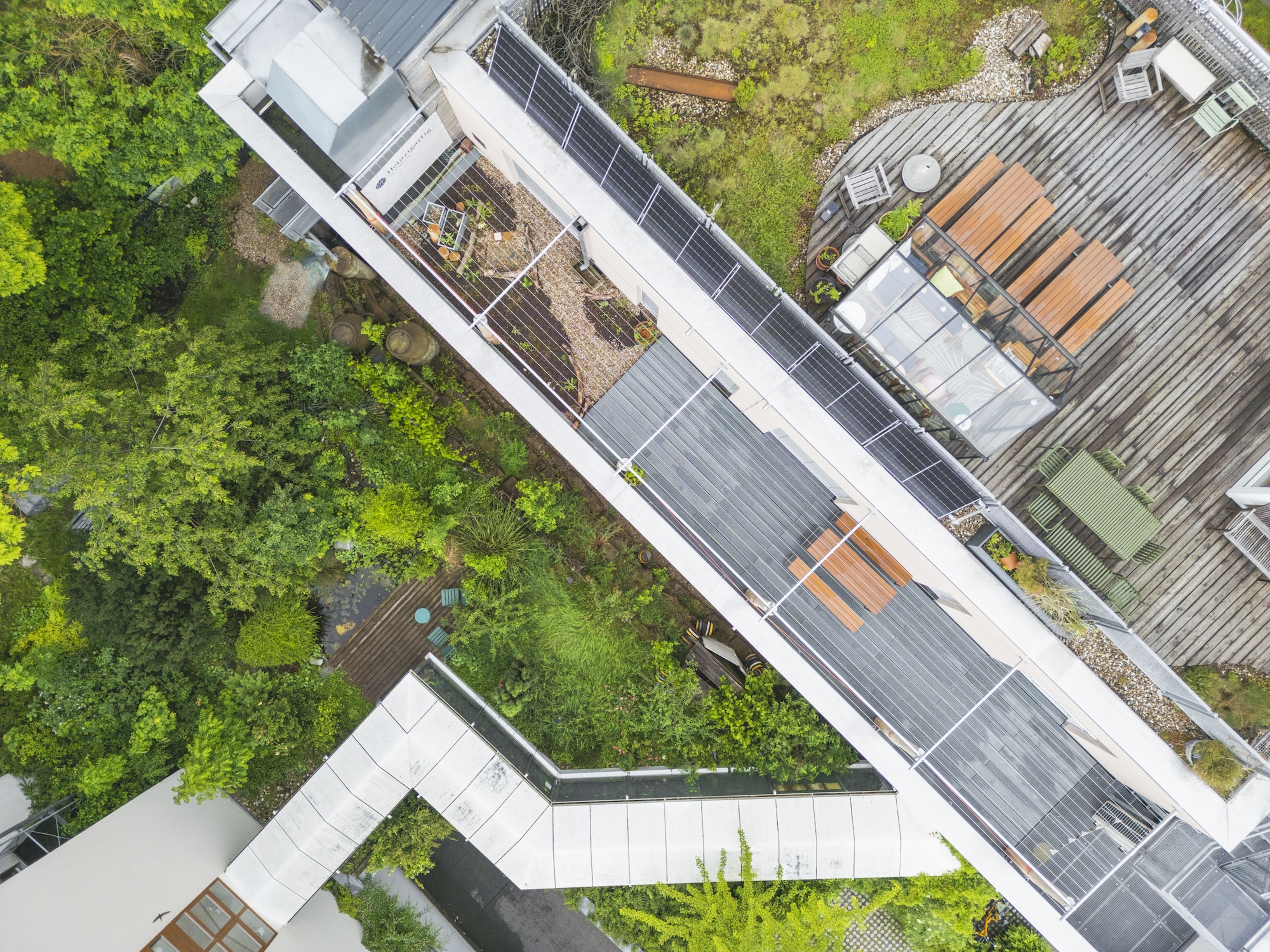
Image courtesy of Hotel Luise.
Hotel Luise
North Stars: Carbon Footprint, Waste Management, Community Support.
Hotel Luise offers an exceptional blend of modern comfort and eco-conscious innovation, making it one of Germany’s most unique travel experiences. With 270 sustainability measures already in place, the hotel goes beyond green practices to create a warm, welcoming atmosphere. Solar energy powers the property, the shared courtyard features stylish upcycled décor, and certain rooms even boast futuristic astronaut showers for a touch of fun. Recognized as one of Germany’s leading sustainable hotels, Hotel Luise has been climate-positive for five consecutive years and proudly holds the EU Eco-label for environmental excellence.
In 2016, the hotel introduced innovative, renewable room types, designed under the Cradle-to-Cradle® principle, where all materials and components can be endlessly reused or recycled. But the hotel’s appeal goes far beyond its eco-friendly ethos—guests can unwind at the Gud Ruh’n Spa or enjoy organic, zero-waste breakfasts made from locally sourced ingredients, some of which are grown right in the hotel’s own garden.
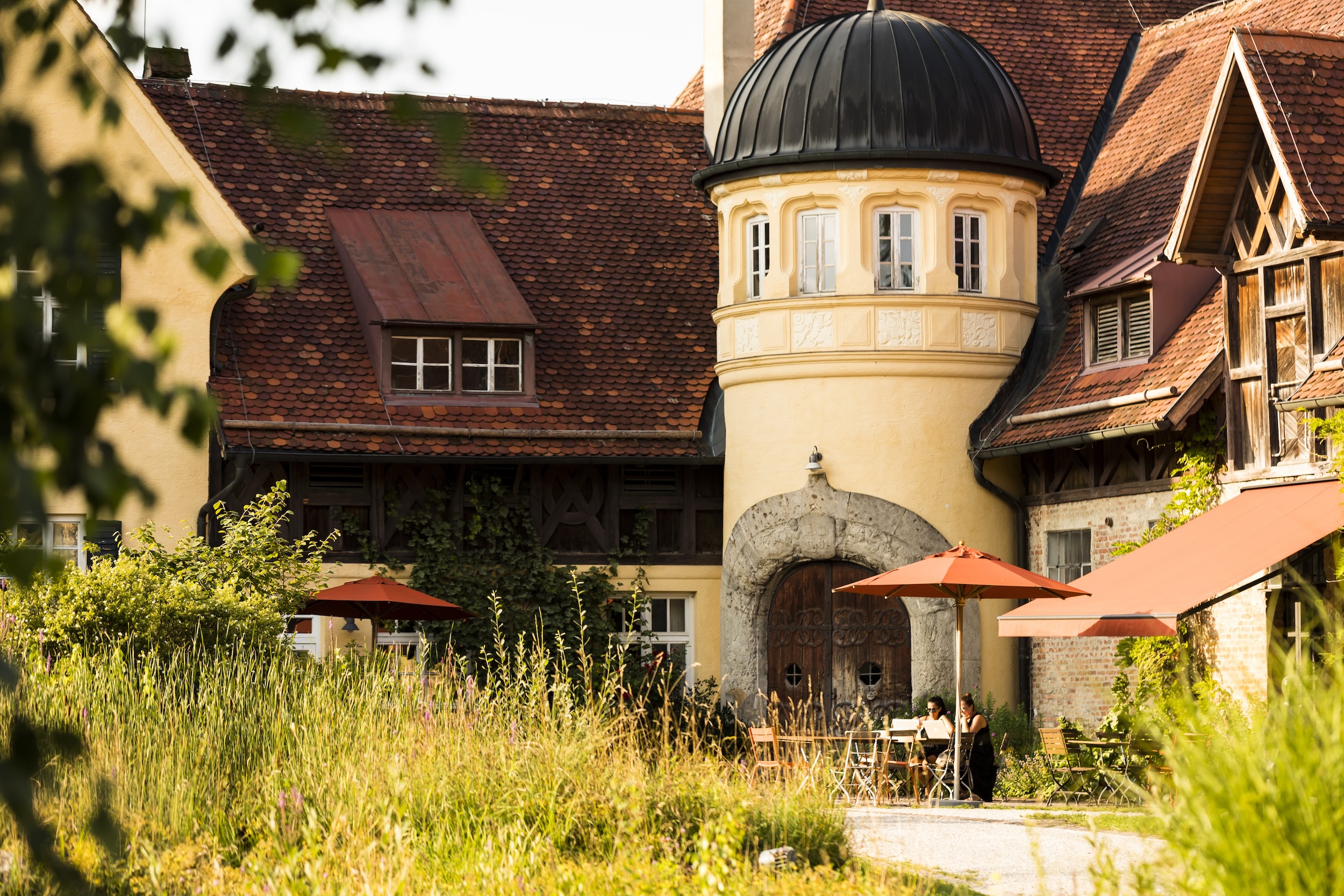
Image courtesy of Gut Sonnenhausen.
Gut Sonnenhausen
North Stars: Production & Consumption, Waste Management, Energy Efficiency
Gut Sonnenhausen, a 120-year-old stud farm, has been transformed into a modern, eco-friendly hotel. Historic elements blend with contemporary design, art, and plant-based installations featured throughout the common areas and guest rooms. Sustainability drives the hotel’s operations, powered by Green Planet Energy, a provider of 100% renewable electricity sourced from wind, solar, and hydroelectric power.
The hotel incorporates original farmhouse finishes, locally sourced, unsealed spruce wood, and refurbished or renovated furniture. Spanning 25 acres of farmland, Gut Sonnenhausen includes an organic-certified vegetable garden and 4,600 trees planted to promote biodiversity. The on-site restaurant follows a zero-waste policy and is 100% certified organic, serving farm-to-fork, nose-to-tail cuisine.
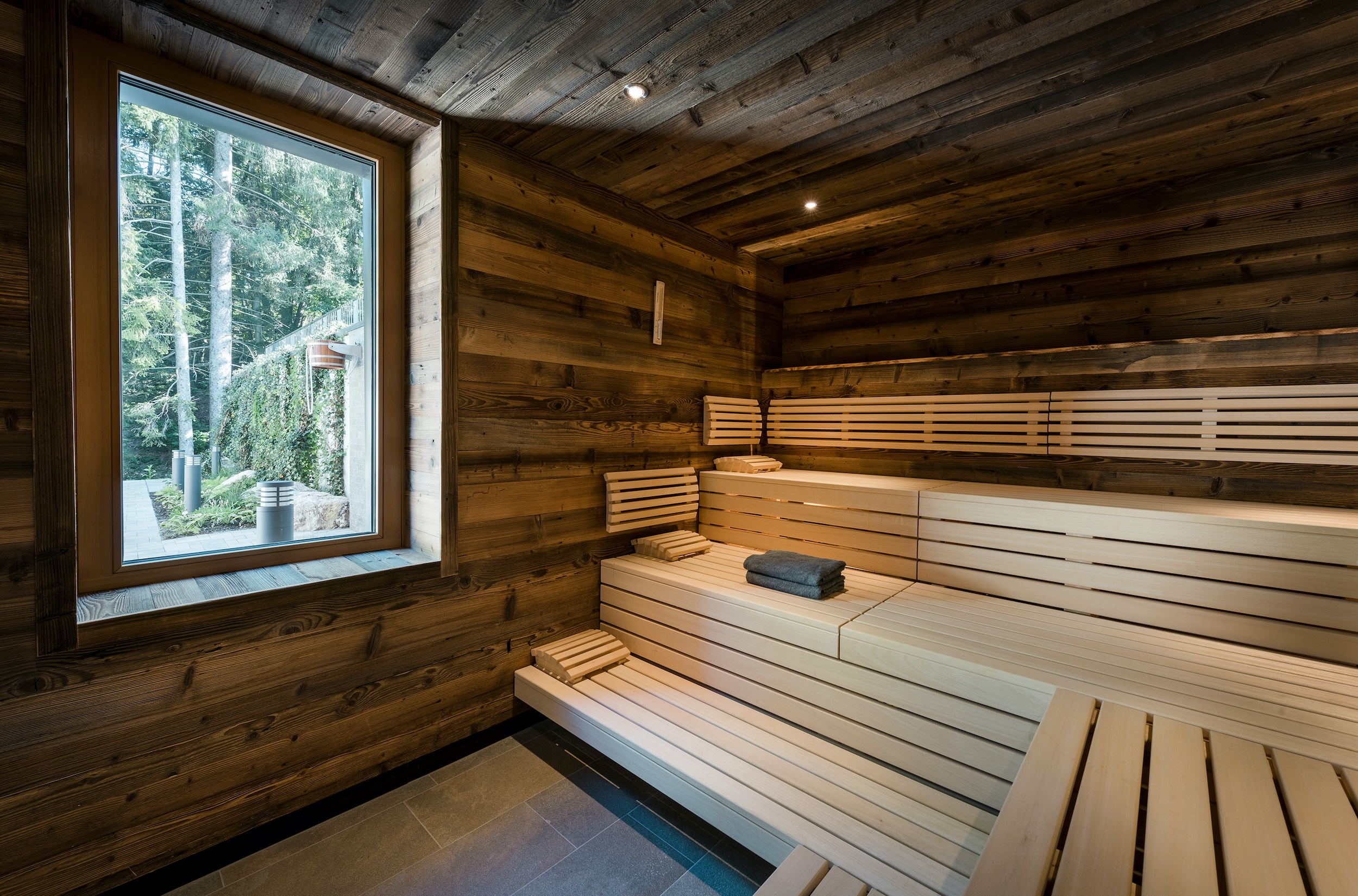
Image courtsey of Klosterhof.
Klosterhof Alpine Hideaway & Spa
North Stars: Energy Efficiency, Water Management, Waste Management
Set in the Bavarian Alps, Klosterhof is owned by Henrike and Dr. Andreas Färber. This 16th-century former monastery offers a remote and serene setting, perfect for wellness and relaxation. Recent renovations prioritized sustainability, incorporating original finishes, eco-friendly technology, and architecture. The hotel also employs advanced LED technology and waste heat recycling to improve energy efficiency. Klosterhof is the first German hotel to earn the EU Ecolabel for its contributions to ecological, economic, and social sustainability.
The hotel’s main highlight is its award-winning 1,500-square-foot spa, which includes an indoor pool, jacuzzi, saunas, and an Alpine Soledom. The spa offers a range of fitness and wellness services, with special packages for expecting mothers. This wellness philosophy extends to the culinary program at GenussArt restaurant, where seasonally fresh menus feature locally sourced organic produce, along with fruits and herbs from the hotel garden.
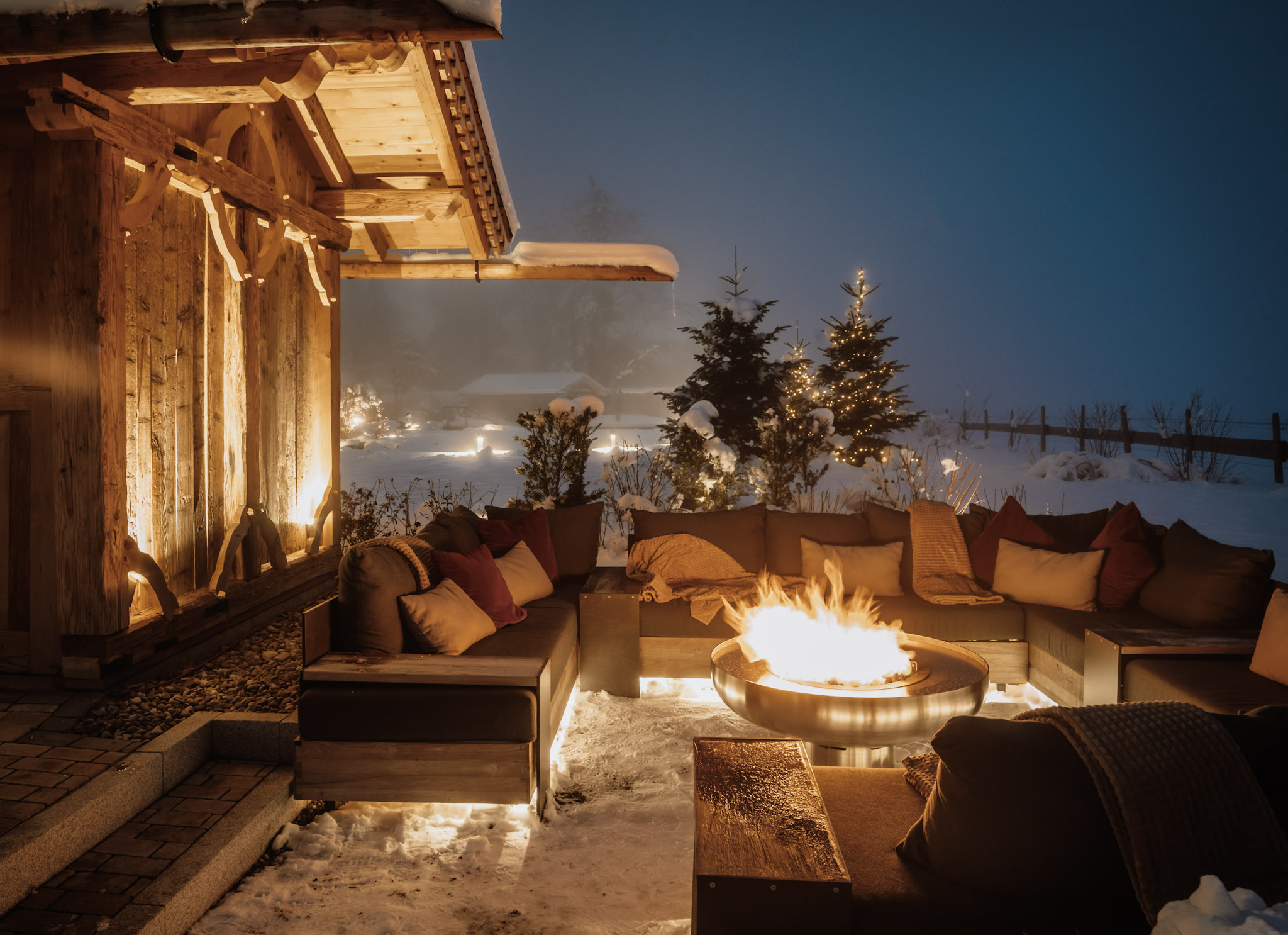
Image courtesy of Hotel Rübezahl.
Boutique Hotel Rübezahl
North Stars: Carbon Footprint, Energy Efficiency, Production & Consumption
Originally built as a small inn in the 1950s, Rübezahl has evolved into a 54-room boutique hotel with an 21,500-square-foot wellness garden. Owned and operated by the Thurm family for three generations, the hotel is a member of the Environmental and Climate Alliance of Bavaria. Rübezahl has committed to CO2 neutrality, earning a CO2 Footprint certification, and offers guests the option to contribute to reforestation projects for carbon offsets. The family has implemented measures such as heat recovery storage, along with energy- and water-saving devices, including LED lighting.
Located in the foothills of the Allgäu Alps, Rübezahl offers stunning views of Neuschwanstein Castle. Guests can explore numerous hiking trails, unwind at the outdoor spa and natural swimming pool, or join yoga sessions on a platform 4,300 feet above the ground near the Rohrkopfhütte alpine hut. The hotel maintains 300,000 bees in its beehives, which pollinate rare herbs and protected plants. Naturally, the on-site restaurants serve regional, seasonal cuisine.
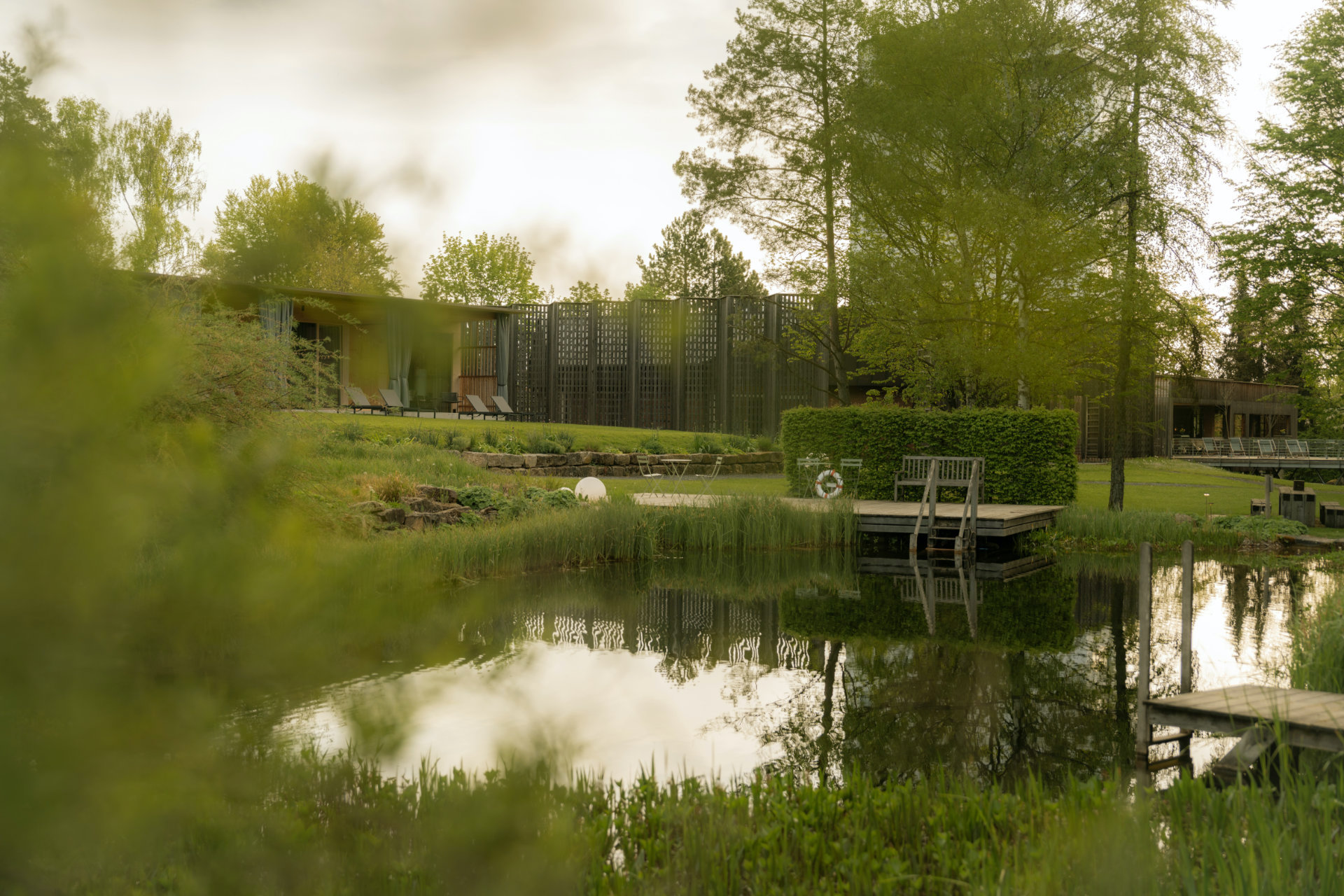
Image courtesy of Hotel Sturm.
Hotel STURM
North Stars: Production & Consumption, Energy Efficiency, Climate Actions
Christa and Matthias Schulze Dieckhoff own Hotel STRUM, a hotel committed to strict ecological and ethical principles. Located within a UNESCO Biosphere Reserve, the hotel is 100% organic-certified and follows Slow Food principles in its culinary offerings. STRUM runs on environmentally friendly, self-sufficient energy systems and actively maintains its climate-neutral status.
The property spans nearly 7.5 acres of nature park, with a spa and extensive hotel amenities. Guests can engage in hands-on experiences, including kitchen visits and cooking classes. As a member of Slow Food Germany, the on-site restaurants exclusively serve 100% organic food and promote sustainability with weekly meatless Wednesdays. Much of the produce is grown on the property. Wellness is central to the STRUM experience, with features such as a natural swimming pond, sauna, steam bath, barefoot walking paths, and a fresh air grotto.
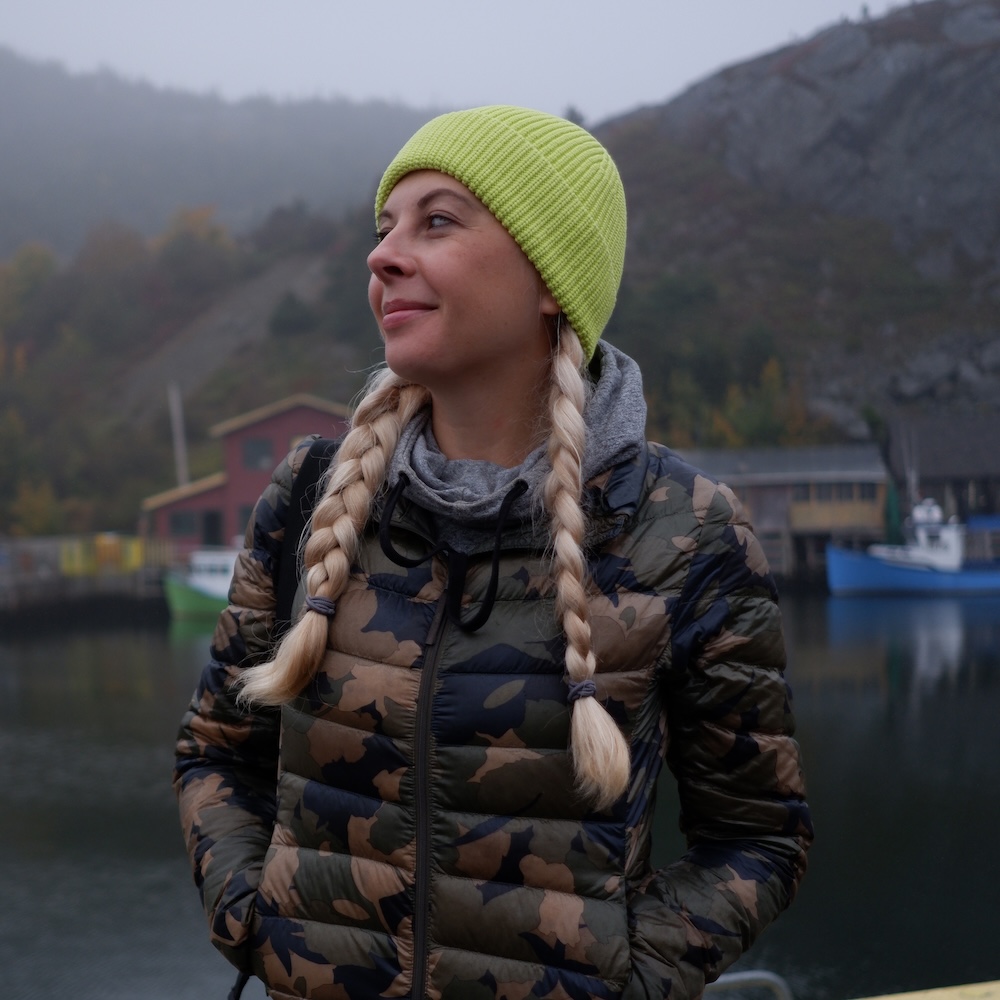
Kateryna is a Toronto-based freelance writer, photographer, and content creator. Her bylines appear in domestic and intentional print and digital publications while the more personal musings and travel itineraries live on pathstotravel.com. Kateryna aims to tell travel stories through visually engaging content focusing on explorative, mid-point to luxury travel, accommodations, food and beverage, and wellness. She is the chapter lead of Toronto Travel Massive, an International travel industry community-driven organization, and founder of a North American music magazine, QuipMag.com. Follow Kateryna on IG @katerryna.


